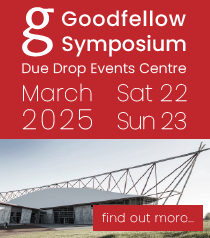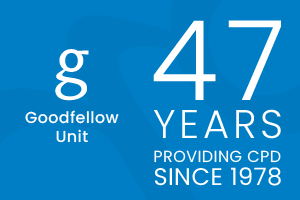Video
Much work has been done over the last 20 years to improve the awareness of Acute Rheumatic Fever, its natural history and its sequelae.
Although there have been improvements in outcomes, these improvements have not been enough to prevent 80+ children and young adults ending up with serious cardiac valve damage. They end up in Starship for valve replacement surgery.
There is a fairly constant rate of missed diagnoses even when parents have taken the patient to see their doctor several times. We can fix this.
This presentation describes an approach that all primary care doctors and practice nurses can follow to ensure the rate of missed diagnoses approaches zero.
As always, we will answer as many questions as possible during this session.
Presenter
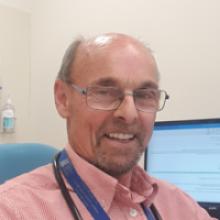
Barnett Bond
Barnett is a GP at the Calder Centre of the Auckland City Mission. He is Chairman of the Auckland Rheumatic Fever and Rheumatic Heart Disease Group and GP Liaison for Starship Hospital & TTTA Radiology Service.
Presenter
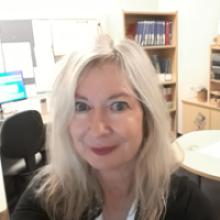
Mary-Anne Ross
Mary-Anne Ross is one of the cardiology nurse specialists at Te Toka Tumai and works in the Rheumatic Fever and Rheumatic Heart disease services area in both Auckland City Hospital and Starship Children’s Hospital.
Previous to this role she worked as a staff nurse for several years in the cardiology speciality area at Auckland City Hospital. Mary-Anne is committed to caring for people and their whānau affected by rheumatic fever and rheumatic heart disease and the lifelong permanent complications of this serious and preventable disease.
Presenter
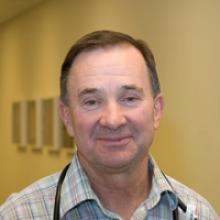
Nigel Wilson
Assoc Prof Nigel Wilson works at Starship Children's Hospital in Auckland. For more than 30 years he has split his time between working as a frontline cardiologist and researching groundbreaking ways to help fight rheumatic fever and rheumatic heart disease in children. In 2022 he was awarded the Health Research Council’s Beavan Medal for excellence in translational health research as recognition for all his work over the years.
Nigel is a founding member of Pū Manawa, the Rheumatic Fever Network, and has been a strong advocate for improved prevention and control measures for rheumatic fever around Aotearoa. In addition to his work in New Zealand Nigel has also made substantial contributions to efforts to control rheumatic heart disease in Fiji, establishing a better prevention and control programme there that has become a model for other countries with endemic rheumatic heart disease.
His current research funded by Cure Kids and the HRC in collaboration with Dr Rachel Webb and Associate Professor Nikki Moreland at the University of Auckland tests recent Australian findings that hydroxychloroquine reduces inflammation in the blood of rheumatic fever patients therefore reducing their chance of developing rheumatic heart disease.
